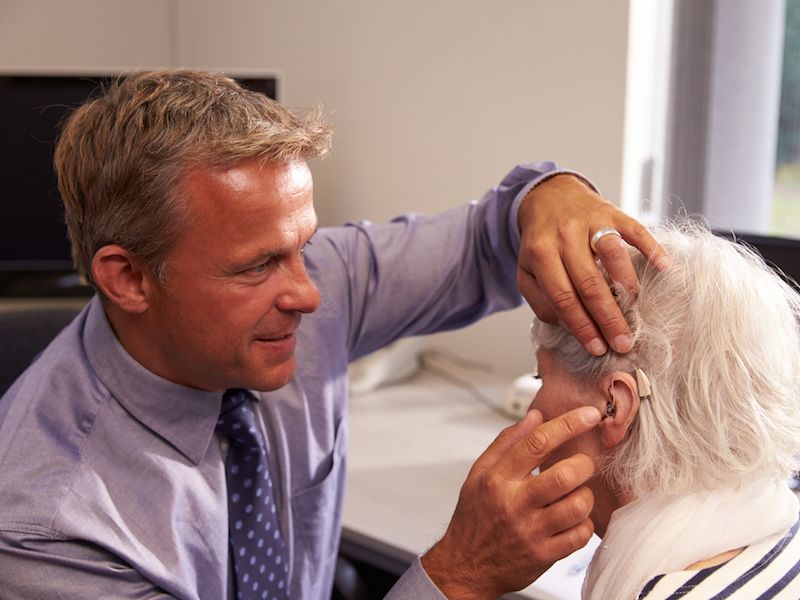
The numbers don’t lie: at some point in your life, you’re probably going to require a hearing aid. A study from NIDCD states that around a quarter of all people from 60 to 75 have some form of loss of hearing, and that number goes up to 50% for those 75 and older. The best way to deal with age-related loss of hearing is to use a hearing aid, but how do you know which type is best for you? Hearing aids used to have problems including susceptibility to water damage and unwanted background noise but modern day hearing aids have solved these sorts of issues. But there’s still a great deal you need to know when deciding on a hearing aid to be sure it works with your lifestyle.
Pay Attention to Directionality
Directionality is one crucial function you should look for, which is your hearing aid’s ability to focus on the specific noise around you (such as a discussion) while keeping background sound to a minimum. One, if not both, of two directionality systems are working inside most hearing aids, they either focus in on sound directly in front of you, or they focus on sound coming from different speakers and sometimes do both.
Can You Use it With Your Phone?
It’s become apparent, we’re addicted to our phone as a country. Even if you don’t have a smartphone, chances are you have a flip phone. And on the off-chance that you don’t have any kind of cell phone, you likely still have a land-line. So, how well hearing aid works with your phone is an important consideration when you’re looking at hearing aids. How does it sound? Are you capable of discerning voices plainly? Does it feel easy to wear? Are there any Bluetooth connectivity options available? These are all the things you should take into consideration when selecting new hearing aids.
What is The Probability You Would Actually Use it?
As mentioned above, hearing aid development has progressed by leaps and bounds over the past few years. One of those advances has been the size and shape of hearing aids, which have moved towards the smaller and more comfortable direction. But there are definitely pros and cons. A more compact hearing aid may not be as powerful as a larger one, so it really depends on your hearing specialist’s recommendation and what you need to achieve with your hearing aid. The little ones won’t have the features of the larger models and they might get clogged with earwax but they do fit inside your ears nearly imperceptibility. On the other hand, better directionality functions and more sophisticated sound amplification options come with a behind the ear hearing aid though it’s a little larger.
What Kind of Background Sound Will You be Exposed to?
Wind interference has been an overwhelming problem for hearing aid users ever since they were developed. It would have driven anybody insane to go outside on a windy day and hear nothing but wind. If you’re an outdoors person or you live in a windy area, you’ll want to control wind noises with your hearing aid decision so that conversations won’t have that irritating wind howl. Inform yourself about the many different hearing aid choices available to you. Get in touch with us.
